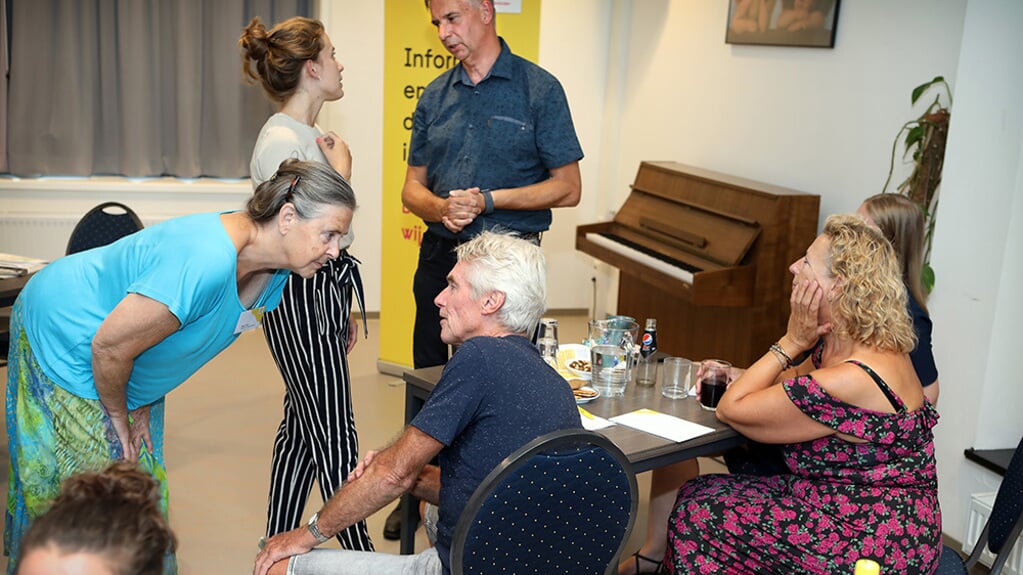Advertising
Sun 21 April, 12:19
General
Read 107 times
Did you know that one in five people get dementia? For women the percentage is even one in three. Age also plays a role. Up to 40 percent of people over 90 have some form of dementia. But more and more young people are also being diagnosed. There are currently 290,000 people with dementia in the Netherlands. A number that will double by 2040 due to the aging population and the fact that we are getting older.
Jos van Leeuwen and Marjolein Knaap are volunteer board members at the Alzheimer Nederland section in Central Holland. As chairman and secretary, they and their fellow board members are committed to bringing dementia and Alzheimer’s to light in the towns of Zuidplas, Waddinxveen, Bodegraven-Reeuwijk, Gouda and Krimpenerwaard. This includes providing training and information about dementia, supporting towns to become dementia friendly and organizing Alzheimer’s cafes where you can get information and meet people other victims and their informal carers. This year, in addition to the Alzheimer Cafés in Bodegraven, Gouda and Reeuwijk, Alzheimer cafés will also be organized in Zuidplas, Waddinxveen and Krimpenerwaard.
“We feel that it is still necessary to draw attention to dementia and Alzheimer’s,” says Van Leeuwen. “Many people think that someone who is diagnosed will go into a care home, and 79 percent of these people just stay at home.” A number that will only increase in the coming years. “We have a lot to come and if we don’t do anything, health care will explode. We have to deal with this together as a society find a way to deal with it.”
This can be done with small things. “Being a cycling or walking buddy, or consciously including someone in the choir who is a bit confused. ” Knaap said: “By working with the municipal and (health and welfare) partners, we want these people to participate ‘normally’ in society for as long as possible. By continuing to include everything – especially in the first stage – these people remain active and the results of the disease process are delayed as long as possible.”
Alzheimer Cafés are meeting places where people can go once a month. The first half of the evening usually includes information and training on a specific topic. In the second part of the meeting there is a place to talk to other victims and other informal carers. That is much needed. “You often notice that a lot is happening ‘behind the front door’,” Van Leeuwen and Knaap know from experience. “Often the environment senses that something is going on, but how do you get someone to see a doctor if he or she is in denial about everything, and how do you deal with behavior change ? These are all issues that can be discussed at the Alzheimer Cafés. It often takes a long time before a diagnosis is made and a case manager is appointed.”
A lot is still possible, especially at that early stage. “Recently we launched an ‘Unforgettable Cooking Club’ in the area. Here, people with dementia and their carer cook and eat together. Elsewhere in the country there are music and dance clubs or people can garden under supervision. It would be great if we could find volunteers who would also like to set this up in our area. And for this it is not necessary to have experience in healthcare!”
If you also want to visit one of the Alzheimer Cafés or Unforgettable Cooking Clubs or if you have ideas as a volunteer, please visit: https://www.alzheimer-nederland.nl/regios/midden-holland/over-ons
2024-04-21 10:19:00
#society #learn #deal #dementia


